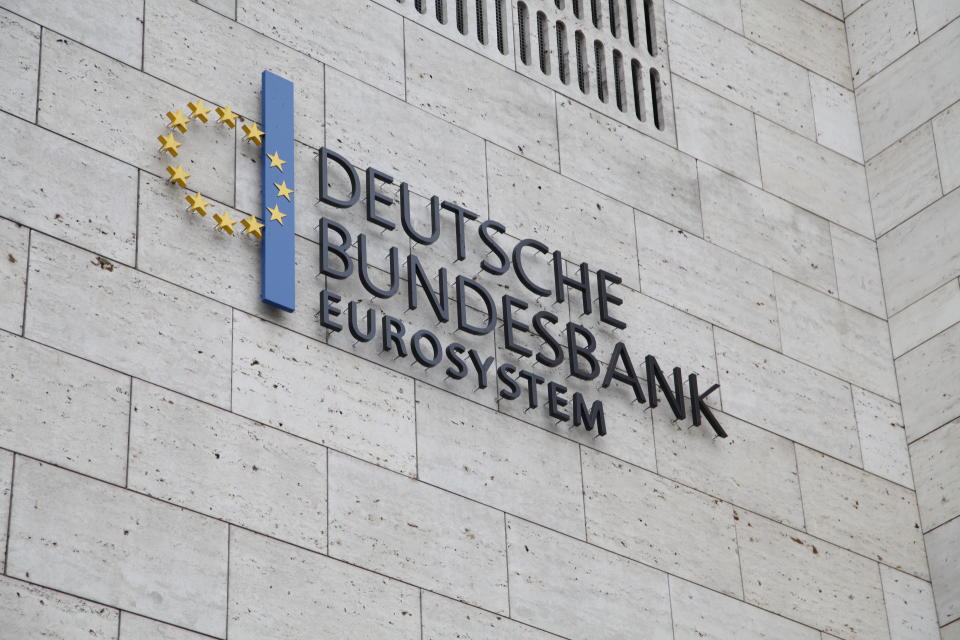Banks in Germany told to brace for post-pandemic bankruptcies

Germany’s central bank has warned that banks in the country need to brace for a potential wave of insolvencies in the wake of this year’s coronavirus pandemic, which hit Europe’s largest economy hard.
In its 2020 financial stability report, the Bundesbank said that government measures implemented to cushion the blow, including temporary suspension of bankruptcy-declaration requirements, have meant fewer insolvencies were filed this year compared with 2019.
However, that could change early next year. "Our simulations predict that insolvencies and value adjustments will increase in the future," said Bundesbank vice-president Claudia Buch at the presentation of the report.
The bank predicts some 6,000 insolvencies in the first quarter of 2021, compared with 4,700 in total in 2020, but noted that it “cannot rule out that … a lot more companies will go bankrupt than is currently expected.”
Watch: What are negative rates and how prepared are UK banks?
Joachim Wuermeling, the Bundesbank executive board member said that right now, “the banks are working, the lending is working, the banking system is currently fulfilling its central role.”
He added that "it is now important that the banks continue to do their job: to distinguish good from bad risks – and also to grant loans to good borrowers."
Government measures have averted a liquidity squeeze in the corporate sector for now, but the central bank warned of a scenario where bankruptcies and loan defaults would increase unexpectedly. Banks may then rein in their lending to comply with the capital ratios required by the market and regulators, which would slow the economic recovery or exacerbate an economic slump.
In that case, the Bundesbank said that banks should then “use their existing capital buffers to produce adequate loans.”
Buch warned that ongoing low interest rates could lead market participants to take higher risks in search of returns, saying that “we have to keep an eye on this build-up of risk.”
Watch: Why tax rises may be inevitable in Britain

 Yahoo Sport
Yahoo Sport 





































